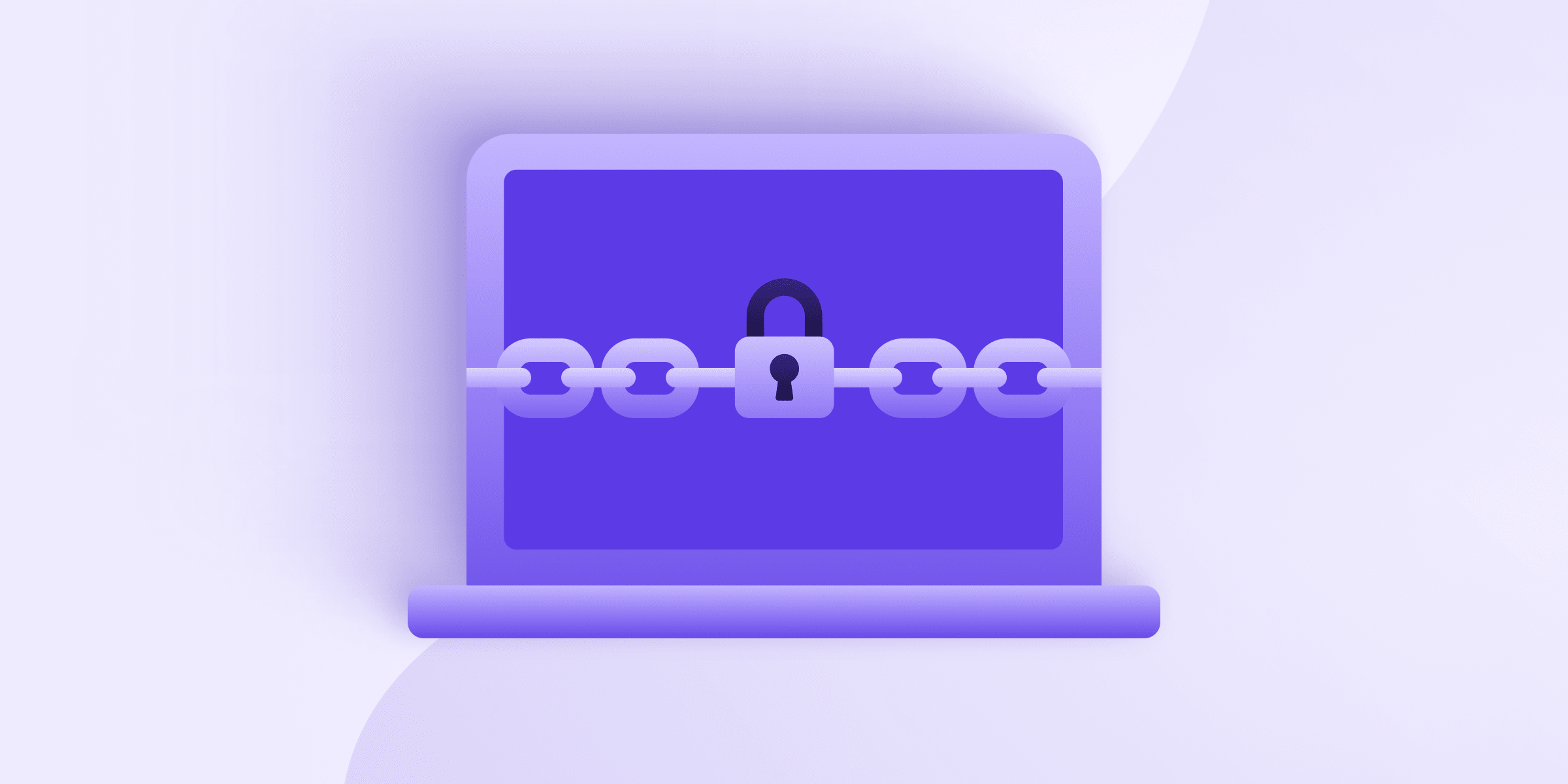In the wake of the devastating terrorist attack on Paris two weeks ago, the entire team at Proton Mail is shocked and horrified. Being based in Geneva, Paris is not so far away, and in fact, many of our team have family and friends in Paris, whose safety we were immensely concerned about on the evening of the 13th. Like many people around the world, we strongly condemn these attacks and other attacks carried out by ISIS. Thus, we were greatly saddened last week to hear the news that Proton Mail was on ISIS’s list of recommended email providers(new window).
Secure email service
Our intent when creating Proton Mail was to improve online data security, and to also protect at risk groups such as democracy activists, dissidents, and journalists. In large part, we have succeeded in this mission. Today Proton Mail is the world’s largest secure email service(new window), and our technology provides security and privacy to nearly a million people around the world. Unfortunately, technology does not distinguish between good and bad, so the same technology that protects democracy activists and dissidents can unfortunately also protect terrorists. This is in fact a strong validation that our end-to-end encryption technology works.
In the wake of the Paris attacks, there have been renewed calls to ban encryption(new window). We believe it is important that the world respond to the Paris attacks, but it is equally important to base this response on reason and evidence. Calling for a ban on encryption in the wake of such attacks is politically convenient, but a closer look at the evidence show that such efforts are misguided. While early reports claimed the terrorists escaped detection by using strong encryption, the latest evidence shows that in fact, much of the communication was not encrypted at all(new window).
But even if the communications were encrypted, it is illusory to believe that you can block terrorists from communicating by banning encryption. With or without Proton Mail, terrorists will continue to have encrypted email capabilities, in the same way that they will continue to have access to weapons regardless of a ban on assault rifles. What we do know for sure is that banning encryption would certainly lead to an increase in cyberattacks, data breaches, and an end to online banking and online shopping. This is not to mention the numerous dissidents, journalists, and activists whose lives will be put at risk.
The truth is, in the past twenty years, our world has come to depend more and more on the Internet and the vast amounts of data stored online. The survival of this new global internet economy depends more and more on securing our data. At Proton Mail, our primary objectives is to help the world secure email. When terrorists start to strike online, the end-to-end encryption technologies being used by Proton Mail will become the shield that protects us.
The reality is that security and privacy are forever linked. If security is done properly, it always comes with good privacy. It is for this same reason that intentionally weakening cryptosystems to create a “backdoor” for law enforcement is ultimately not a workable solution. There’s simply no such thing as a backdoor that only lets the good guys in. For the greater good, digital security must be absolute. Unfortunately, there will always be some people who use Proton Mail for criminal purposes, but we remain committed to providing email privacy and security to the overwhelming majority of Proton Mail users who are committed to doing good in this world.
We must remember that ISIS doesn’t just use Proton Mail, they also use Twitter, mobile phones, rental cars. We couldn’t possibly ban everything that terrorists use without disrupting democracy and our way of life, and in effect achieving the goal of terrorism. Privacy is a fundamental human right, enshrined in the United Nations Universal Declaration of Human Rights(new window), along with the rights to life, liberty, security, and many other rights that terrorists would seek to deny us. There are many ways to confront terrorism, we just don’t accept that giving up our freedom is the only way.
If you would like to take back your email privacy sign up and get a free encrypted email account from Proton Mail.










